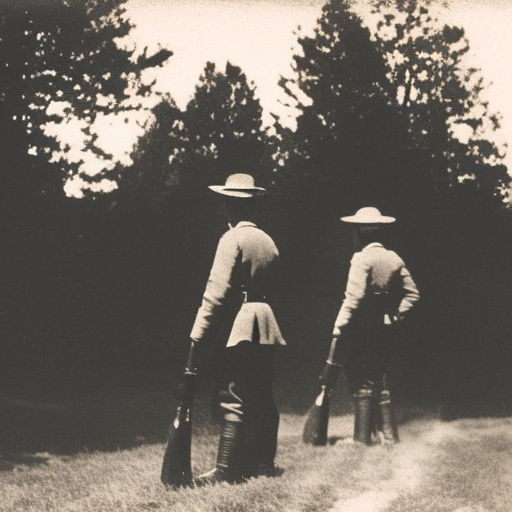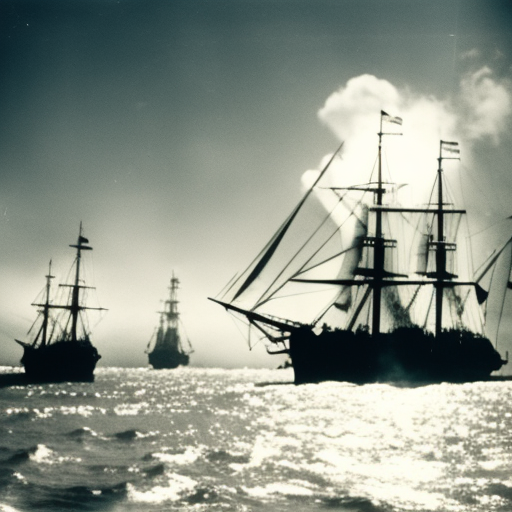Summary:
The Second Boer War was a conflict fought between the British Empire and the two Boer republics, the South African Republic and the Orange Free State, from 1899 to 1902. The war was sparked by tensions over British influence in the region and the discovery of gold and diamonds in Boer territory. It was characterized by guerrilla warfare, concentration camps, and a significant loss of life on both sides. The war ended with a British victory and the subsequent annexation of the Boer republics into the British Empire.
Background:
The roots of the Second Boer War can be traced back to the 19th century when the British Empire expanded its influence in southern Africa. The Boers, descendants of Dutch settlers, established two independent republics, the South African Republic (Transvaal) and the Orange Free State. The discovery of gold and diamonds in these regions led to an influx of British miners and investors, creating tensions between the Boers and the British.
Causes of the War:
The British government sought to exert control over the Boer republics to protect British economic interests and expand their empire. The Boers, on the other hand, wanted to maintain their independence and resist British influence. Negotiations between the two sides failed, and in 1899, the British government issued an ultimatum to the South African Republic, demanding various concessions. When the Boers refused, the war began.
Course of the War:
The war started with a series of Boer victories, as they employed guerrilla warfare tactics against the British forces. The British, initially unprepared for this type of warfare, suffered heavy losses. However, the tide turned in favor of the British when they adopted a “scorched earth” policy, burning Boer farms and imprisoning Boer civilians in concentration camps. This strategy devastated the Boer economy and weakened their resistance.
Concentration Camps and Guerilla Warfare:
The use of concentration camps by the British during the war was a controversial and tragic aspect of the conflict. Boer civilians, including women and children, were rounded up and placed in overcrowded and unsanitary camps where disease and malnutrition were rampant. Thousands of Boer civilians died in these camps, causing international outrage.
Meanwhile, the Boers continued to fight using guerrilla warfare tactics. They launched surprise attacks, ambushed British supply lines, and disappeared into the vast South African countryside. The British responded with a “scorched earth” policy, destroying Boer farms and livestock to deprive the guerrillas of supplies and support.
End of the War:
By 1902, the Boers were exhausted and their resistance weakened. The British, under the leadership of Lord Kitchener, intensified their military efforts, capturing Boer leaders and destroying their command structures. The Boers realized they could not win the war and entered into peace negotiations. The Treaty of Vereeniging was signed on May 31, 1902, ending the war.
Consequences:
The Second Boer War had significant consequences for both the Boers and the British Empire. The Boer republics were annexed into the British Empire, and the Boers became British subjects. The war also had a lasting impact on South Africa, as it laid the groundwork for racial segregation policies that would later become known as apartheid.
The war also highlighted the brutality of modern warfare and the use of concentration camps, leading to changes in international humanitarian law. The experiences of the Boer civilians in the camps influenced the development of the Geneva Conventions, which sought to protect civilians during times of war.
In conclusion, the Second Boer War was a conflict fueled by tensions over British influence and economic interests in southern Africa. It was characterized by guerrilla warfare, concentration camps, and a significant loss of life. The war ended with a British victory and the annexation of the Boer republics into the British Empire, setting the stage for future conflicts and shaping the course of South African history.












